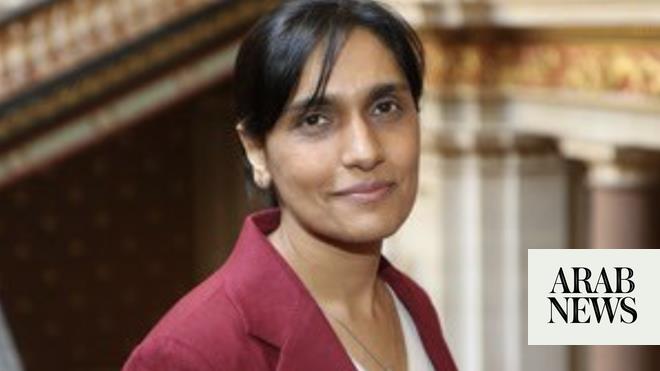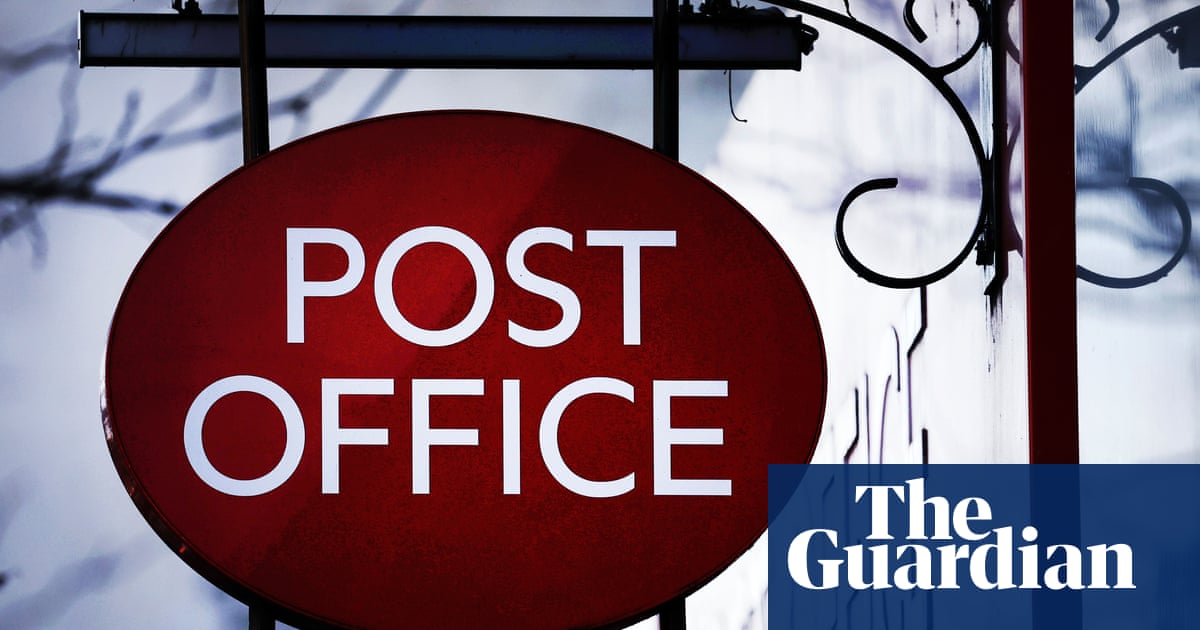
A former British ambassador to Turkey and a career Whitehall insider has been named as the next chief of MI6 to replace Sir Alex Younger, who is due to step aside towards the end of the year.
Richard Moore, 57, currently the political director at the Foreign Office, is the surprise pick from Downing Street, which had been expected to appoint Tom Hurd, a senior Home Office official and Eton schoolmate of Boris Johnson.
Moore served as ambassador to Turkey from January 2014 to December 2017, and has also been a deputy national security adviser. A fluent Turkish speaker, he studied PPE at Oxford and first joined MI6, the Secret Intelligence Service, in 1987.
Whitehall sources said they believed Moore would bring “an insider’s empathy but an outsider’s perspective” – having formally left the spy agency for a conventional career in the Foreign Office about a decade ago.
No woman has ever headed MI6 in its 111-year history, unlike the domestic intelligence agency MI5, which has twice had a female director general.
Two potential female candidates to lead MI6: Dame Karen Pierce and Madeleine Alessandri, were promoted to other jobs within government during the recruitment process, as Washington ambassador and permanent secretary at the Northern Ireland Office respectively.
However, Moore’s most heavily-tipped rival was Tom Hurd, a senior Home Office official responsible for security and counter terrorism, who is also a son of former Conservative foreign secretary Sir Douglas Hurd, and a school contemporary of the prime minister.
An unnamed internal candidate was also in the running, it is understood.
Announcing the appointment, Dominic Raab, the foreign secretary, said Moore would return to MI6 “with tremendous experience and will oversee the work of a group of men and women whose tireless efforts are rarely seen in public, but which are critical for the security and prosperity of the UK”.
The new chief arrives at a time when MI6 is under pressure to refocus its efforts to targeting hostile states – China and Russia – while the scale of the threat from Islamist terror is unclear after Islamic State lost all its territory and its leader, Abu Bakr al-Baghdadi.
Last week British politicians and British intelligence were accused of “taking their eye off the ball” when it came to the Kremlin, in a highly critical report from the intelligence and security committee watchdog. It accused the spy agencies of failing to examine whether there was Russian interference in the 2016 Brexit referendum.
The head of the foreign intelligence service is the only publicly named officer of the service, although he is still also known informally as C, short for chief, the title used internally for leaders of the organisation since its inception in 1909.
Formally, a new chief is appointed by the prime minister and the foreign office following the recommendation of an appointment panel composed of officials, a process designed to reduce the potential for political interference.
Moore said: “SIS [Secret Intelligence Service, as MI6 is officially known] plays a vital role – with MI5 and GCHQ – in keeping the British people safe and promoting UK interests overseas. I look forward to continuing that work alongside the brave and dedicated team at SIS.”
Younger, 56, will retire after nearly six years as director general. The top job at all Britain’s three spy agencies is frequently rotated, although Younger was the longest-serving leader of the organisation for over 50 years.
Moore is due to start in the autumn and is expected to serve five years in the job. Whitehall sources added that Moore would continue to focus on using technology to obtain information, reflecting the fact that the traditional approach of planting secret agents in a foreign country was becoming harder to sustain in an era where it only takes a moment to search somebody’s background online.












